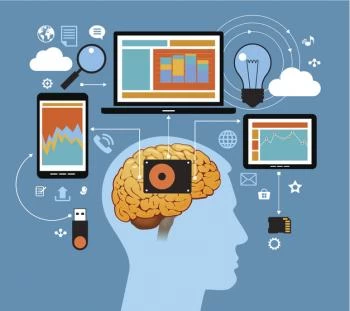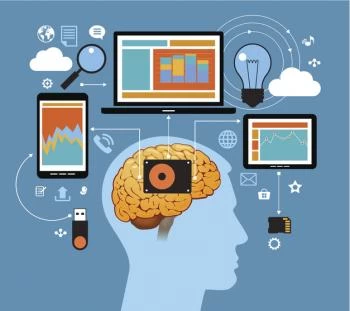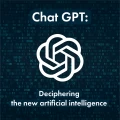In recent years, brain-training apps have gained popularity as a tool to improve cognitive performance, especially in terms of increasing intelligence quotient (IQ). However, the efficacy of these apps is still under debate, with some studies suggesting they can lead to improvements in certain cognitive abilities, while others suggest the effects are minimal. In this article, we will explore the potential effects of brain-training apps on IQ improvement and provide a comprehensive review of the current literature.
The Effect of Brain-Training Apps on IQ Improvement:
Intelligence is a complex construct that includes various cognitive abilities, such as memory, attention, problem-solving, and reasoning. Brain-training apps claim to improve these abilities by providing users with challenging tasks and exercises that aim to enhance cognitive function. While some studies have reported positive effects of these apps on cognitive abilities, the evidence for the impact on IQ improvement is mixed.
A meta-analysis conducted by Melby-Lervag and Hulme (2013) found that cognitive training interventions, including brain-training apps, can lead to modest improvements in cognitive abilities, but the effects are not generalizable to IQ scores. Similarly, a review by Simons et al. (2016) concluded that while some studies have reported improvements in IQ scores following brain-training interventions, the effects are not consistent and may depend on factors such as the type of training and the characteristics of the participants.
Another issue with brain-training apps is the lack of standardization and regulation. Many of these apps make bold claims about their efficacy, but there is often no scientific evidence to support them. Moreover, some apps may be designed with the intention of entertaining rather than training, which can limit their effectiveness in improving cognitive abilities.
Despite these limitations, brain-training apps can still have some benefits. For example, they can provide a fun and engaging way to challenge the brain and maintain cognitive function in healthy individuals. Additionally, they may be helpful for individuals with specific cognitive impairments, such as attention deficit hyperactivity disorder (ADHD) or traumatic brain injury (TBI).
In conclusion, the impact of brain-training apps on IQ improvement is still unclear. While some studies have reported positive effects on cognitive abilities, including memory and attention, the evidence for IQ improvement is mixed. Moreover, the lack of standardization and regulation in the industry raises concerns about the efficacy of these apps. Nonetheless, brain-training apps can still provide benefits for individuals looking to maintain cognitive function or improve specific cognitive abilities. It is essential to approach these apps with caution and rely on evidence-based interventions for more significant cognitive







